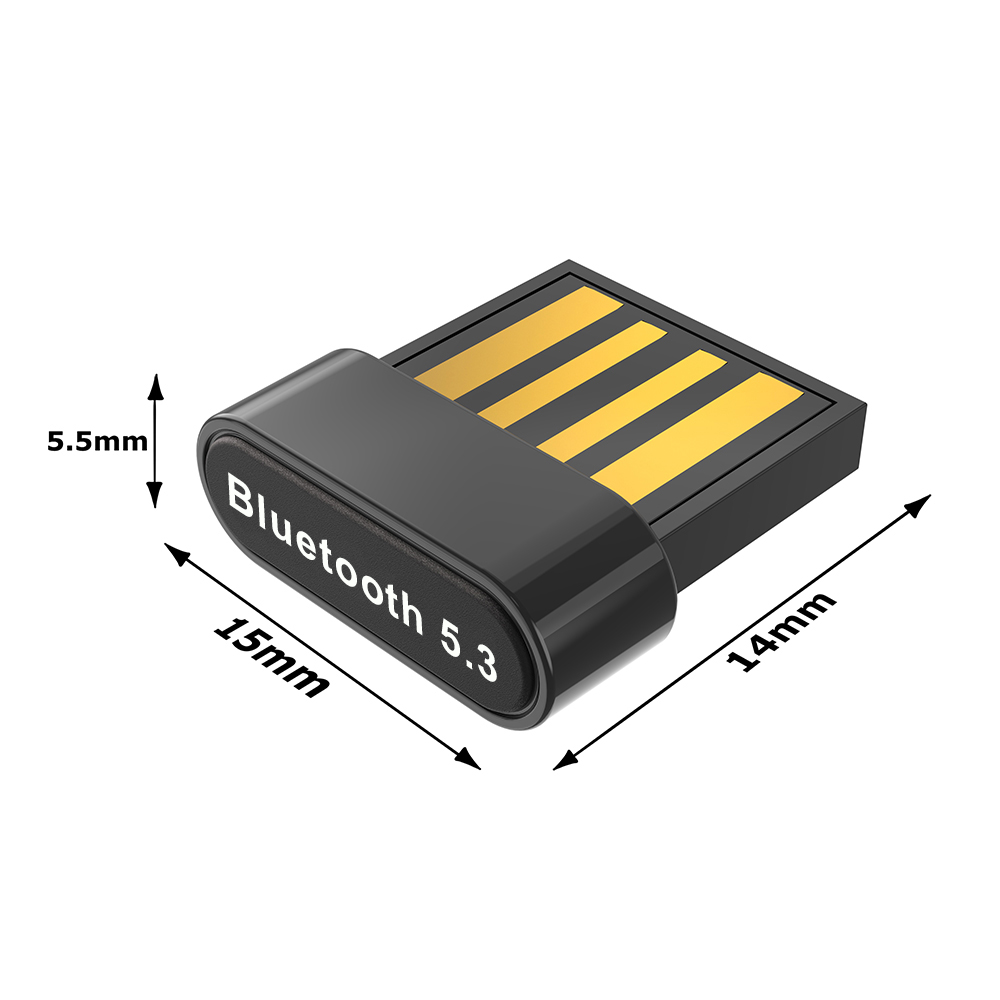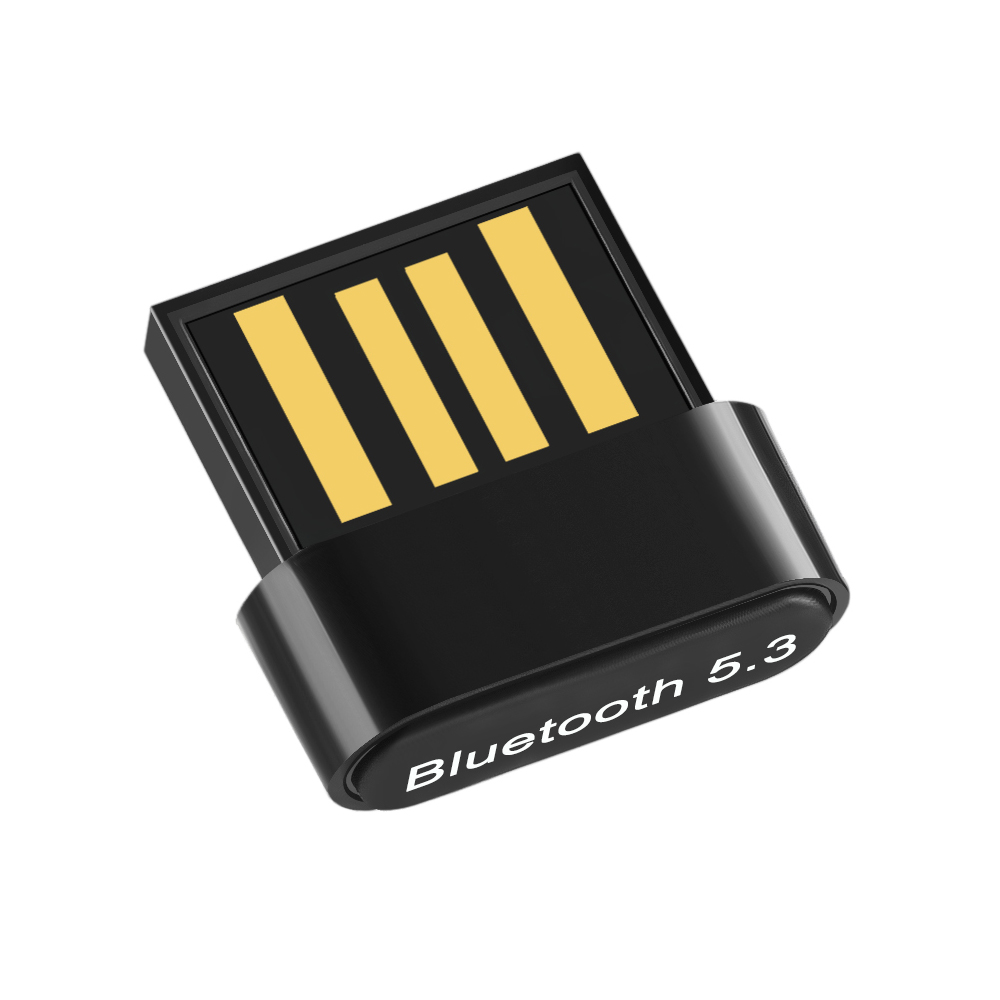In the age of wireless technology, a bluetooth adapter can be an invaluable tool for connecting various devices. Whether you need to pair your computer with wireless headphones, transfer files to your smartphone, or connect a wireless keyboard, a Bluetooth adapter makes it possible. However, with so many options available on the market, it's important to choose the right adapter for your needs. Here are the key factors to consider when buying a Bluetooth adapter.

1. Compatibility
Operating System: Ensure the Bluetooth adapter is compatible with your device's operating system. Most adapters support multiple operating systems, including Windows, macOS, and Linux. Check the product specifications to confirm compatibility.
Device Compatibility: Besides your computer, consider what other devices you plan to connect. Most Bluetooth adapters work with a wide range of peripherals, including headphones, speakers, keyboards, mice, and smartphones. However, it's wise to verify that the adapter supports the specific devices you intend to use.
2. Bluetooth Version
Bluetooth technology has evolved over the years, with each version offering improved features and performance. The most common versions are Bluetooth 4.0, 4.2, and 5.0. Here’s what to know:
Bluetooth 4.0 and 4.2: These versions are suitable for basic tasks such as connecting peripherals and transferring files. Bluetooth 4.2 offers better security and slightly improved data transfer speeds over 4.0.
Bluetooth 5.0: This version provides significant enhancements, including greater range, faster data transfer speeds, and improved reliability. If you need a stable connection for activities like audio streaming or using multiple devices simultaneously, opt for a Bluetooth 5.0 adapter.
3. Range
The range of a Bluetooth adapter determines how far apart the connected devices can be while maintaining a stable connection. Typical ranges are:
Class 1: Up to 100 meters (328 feet). Ideal for large spaces or connecting devices across rooms.
Class 2: Up to 10 meters (33 feet). Suitable for most home and office setups.
Class 3: Up to 1 meter (3 feet). Limited range, often used for specific, short-range applications.
Consider your needs and choose an adapter with an appropriate range. For instance, if you plan to use wireless headphones around the house, a Class 1 adapter would be beneficial.
4. Audio Support
If you intend to use the Bluetooth adapter for audio streaming, ensure it supports high-quality audio profiles such as A2DP (Advanced Audio Distribution Profile). This ensures better sound quality for music and calls. Look for adapters that support aptX or aptX HD codecs for superior audio performance.

5. Data Transfer Speed
For tasks involving file transfers or connecting multiple devices simultaneously, data transfer speed is crucial. Bluetooth 5.0 offers faster data transfer rates compared to previous versions, making it a better choice for these applications. Ensure the adapter you choose supports the necessary data transfer speeds for your needs.
6. Size and Design
Bluetooth adapters come in various sizes and designs. Some are compact and plug directly into a USB port, while others may have an external antenna for better range and performance. Consider your usage and portability needs:
Compact Design: Ideal for laptops and travel. These adapters are small and can be left plugged into the device without obstruction.
External Antenna: Offers better range and signal strength but may be bulkier. Suitable for desktop computers or fixed setups.
7. Security Features
Bluetooth connections can be vulnerable to security breaches. Look for adapters that support the latest security protocols and encryption methods. Bluetooth 4.2 and 5.0 offer enhanced security features compared to earlier versions, helping to protect your data and devices.
8. Price and Brand
While it's tempting to go for the cheapest option, investing in a reputable brand often ensures better performance, durability, and customer support. Compare prices and read reviews to find a balance between cost and quality. Trusted brands typically offer more reliable and long-lasting products.
Conclusion
Choosing the right bluetooth adapter involves considering various factors, including compatibility, Bluetooth version, range, audio support, data transfer speed, size, design, security features, and price. By evaluating these aspects based on your specific needs, you can ensure that you select a Bluetooth adapter that enhances your wireless connectivity experience. Whether you're connecting peripherals, streaming audio, or transferring files, the right adapter will provide seamless and efficient performance.
 Trolink Joint With Tuya to Make Iot Benefit Every Family
Trolink Joint With Tuya to Make Iot Benefit Every Family
 5 Key Indicators for WiFi Module Selection You Have to Know !
5 Key Indicators for WiFi Module Selection You Have to Know !
 IOT module is the brain of smart products
IOT module is the brain of smart products
 What is the signal coverage range of the WiFi module chip?
What is the signal coverage range of the WiFi module chip?